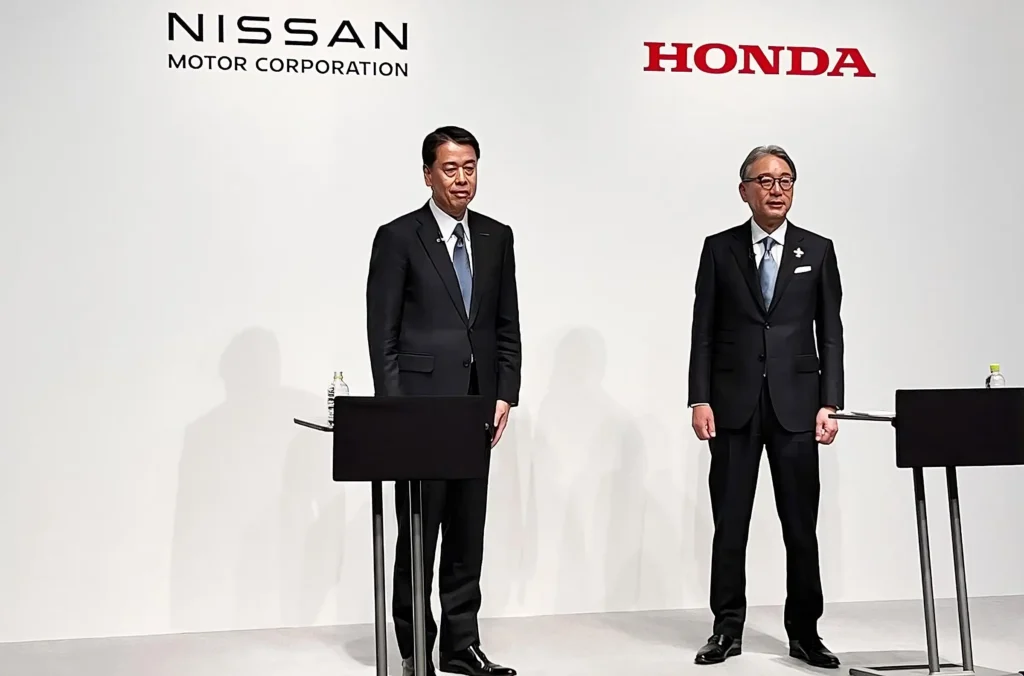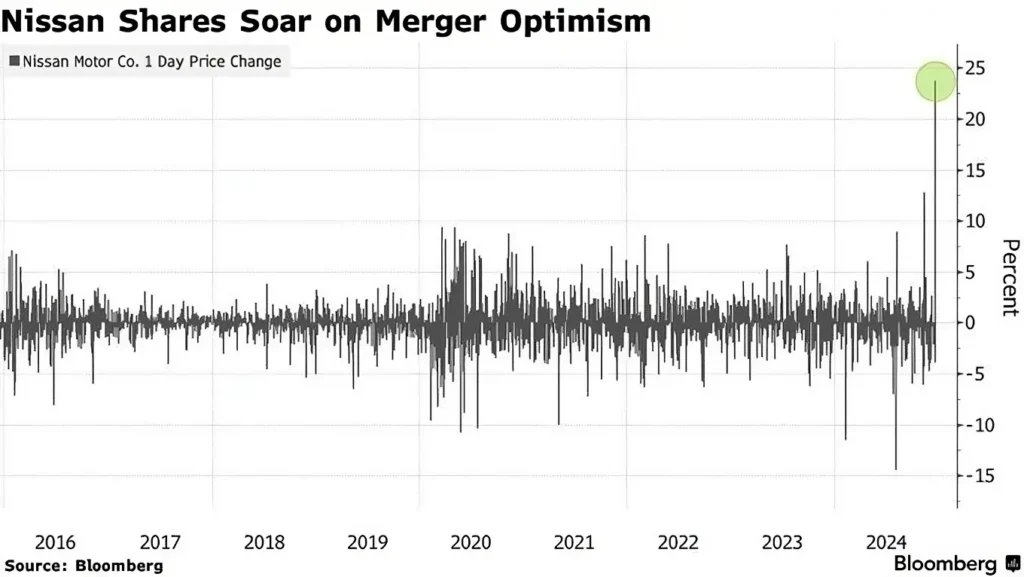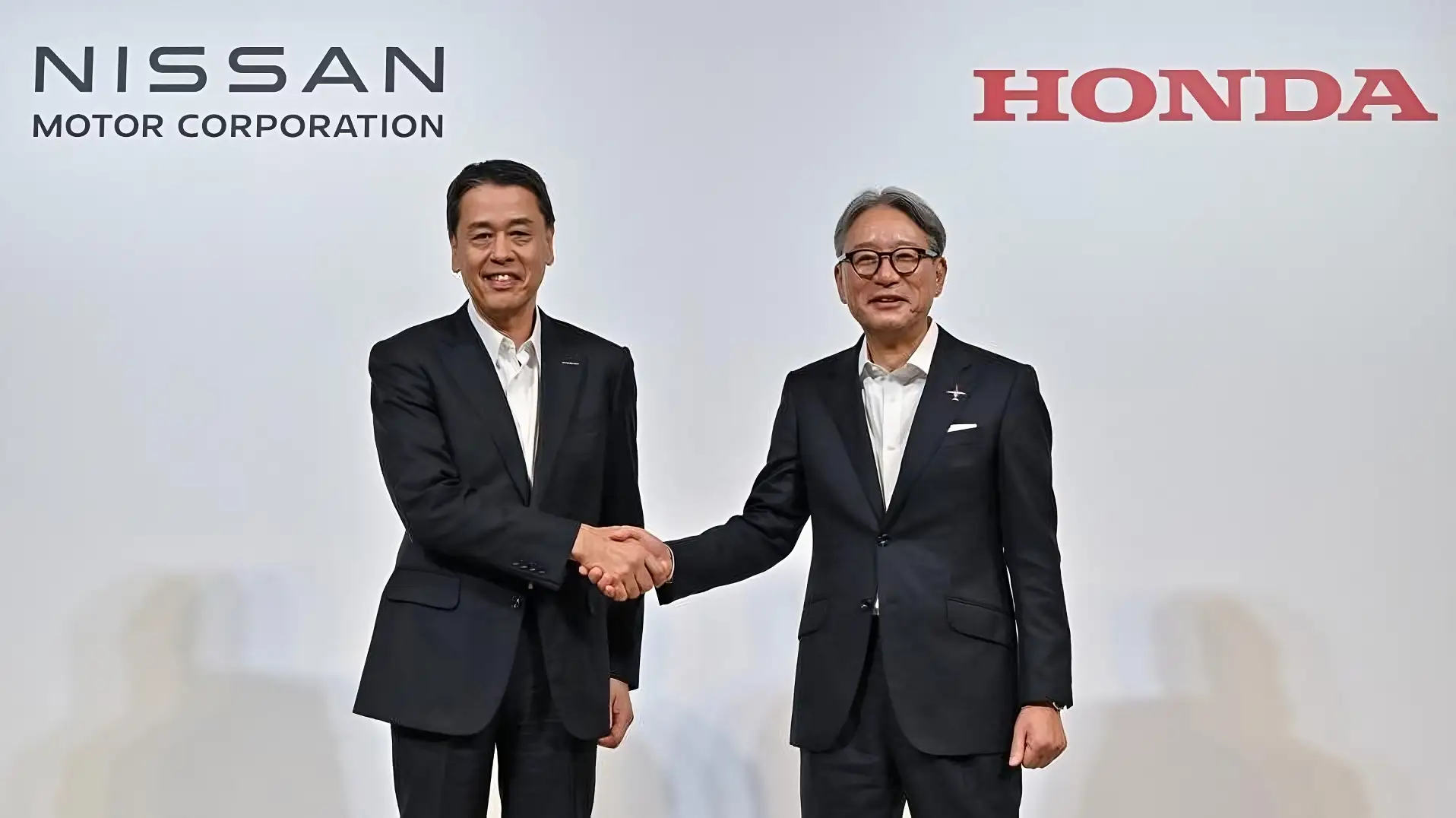Two of Japan’s largest automakers, Honda Motor and Nissan Motor, are reportedly in discussions about deepening their collaboration, which could lead to a merger. If this materializes, it would fundamentally alter Japan’s car industry and position the combined entity as a formidable player on the global stage.
This potential merger comes as the auto industry faces mounting challenges: costly technological transitions, geopolitical instability, and the rapid rise of Chinese automakers. By pooling resources and expertise, Honda and Nissan aim to better navigate these pressures while accelerating their progress in electric vehicle (EV) development.
The Context Behind the Merger Talks
Honda and Nissan are no strangers to innovation and competition. In 2023, Honda sold 3.98 million vehicles, while Nissan sold 3.37 million. A combined sales volume of over 7 million vehicles would make them the world’s third-largest automaker group, trailing only Toyota and Volkswagen.
The potential partnership comes after both companies collaborated on EV development earlier this year. Over time, their discussions have expanded to explore the possibility of creating a new joint company under which both automakers would operate.

Driving Forces Behind the Collaboration
Several factors make this merger timely and necessary:
- Cost of Electrification: Transitioning from internal combustion engines to EVs demands substantial investment. Both Honda and Nissan face mounting financial pressure to develop competitive EVs that can stand against established players and newer entrants from China.
- Market Dynamics: While EV sales are growing, the pace has been slower than anticipated. Consumers remain hesitant due to concerns over range, charging infrastructure, and affordability. By joining forces, Honda and Nissan could address these challenges more effectively.
- Global Competition: Chinese automakers are rapidly expanding their influence, particularly in the EV sector. A unified Honda-Nissan group would have the scale and resources to counter this competition while maintaining a foothold in critical markets like the U.S., Europe, and Japan.
- Legacy Challenges: Honda’s historically independent approach and Nissan’s struggles with leadership instability highlight the need for a fresh strategy. A merger could provide the companies with a unified direction and stronger leadership.
What the Merger Could Mean
A Honda-Nissan merger could have far-reaching implications for the global auto industry:
- Global Leadership in EVs: By combining R&D capabilities, the two companies could accelerate the development of next-generation EVs, leveraging Honda’s engineering expertise and Nissan’s early adoption of EV technology through models like the Nissan Leaf.
- Cost Efficiency: Joint production facilities, shared supply chains, and consolidated operations would help reduce costs and improve efficiency, making EVs more affordable for consumers.
- Technological Synergy: Honda and Nissan could combine their strengths in areas like battery technology, autonomous driving, and connectivity to create cutting-edge vehicles.
- Impact on Rivals: Competitors, including Toyota and Volkswagen, would need to adapt to the heightened competition from a strengthened Honda-Nissan alliance.

Industry and Investor Reactions
The announcement of merger discussions has already stirred significant reactions. Nissan’s shares surged by over 20% in Tokyo trading, reflecting investor optimism about the potential partnership. In contrast, Honda’s shares experienced a slight dip, underscoring some skepticism about the merger’s execution and implications.
Experts within the industry acknowledge the strategic benefits of the merger but also caution about the challenges of integrating two distinct corporate cultures. Jessica Caldwell, executive director of insights at Edmunds, notes that “moving forward in EVs is expensive, and some of the smaller players have to figure out how to pay for it.”
A Historic Shift for Japanese Automakers
The possibility of merging forces would have been unthinkable a decade ago. Honda has long prided itself on a go-it-alone strategy, shunning large-scale alliances in favor of independent innovation. Meanwhile, Nissan’s history of partnerships includes its alliance with Renault, which brought both benefits and controversies.
However, the auto industry has undergone a seismic shift. The internal combustion engine, which dominated the 20th century, is giving way to electrification. This transformation requires unprecedented investment and collaboration.
Challenges Ahead
While the benefits of a merger are compelling, the path forward is fraught with challenges:
- Cultural Integration: Honda and Nissan have distinct corporate cultures and management styles. Successfully blending these will be critical to the partnership’s success.
- Regulatory Scrutiny: A merger of this magnitude is likely to attract attention from regulators worldwide, particularly in key markets like the U.S., Europe, and China.
- Execution Risks: Defining the structure of the new entity, aligning leadership, and streamlining operations will require meticulous planning and execution.
- Market Perception: Both brands have loyal customer bases. Maintaining brand identity and ensuring customer trust will be essential as the companies transition to a unified operation.
What’s Next?
According to insiders, Honda and Nissan are expected to sign a memorandum of understanding in the coming weeks, formally initiating detailed discussions about the merger. While no final decisions have been made, the auto industry is closely watching this development.
As the world transitions to sustainable mobility, partnerships like this may become increasingly common. Whether Honda and Nissan can successfully navigate the complexities of a merger and emerge as a global leader remains to be seen.
Conclusion
The potential Honda-Nissan merger represents a watershed moment in the auto industry. It reflects the immense challenges facing automakers and the necessity of collaboration in an era of electrification and digital transformation.
By joining forces, Honda and Nissan have the opportunity to redefine their future and contribute to shaping a sustainable, innovative automotive industry. However, success will depend on their ability to integrate their operations, execute their vision, and win the trust of consumers worldwide.
For now, the auto world waits with bated breath to see how this historic partnership unfolds.







